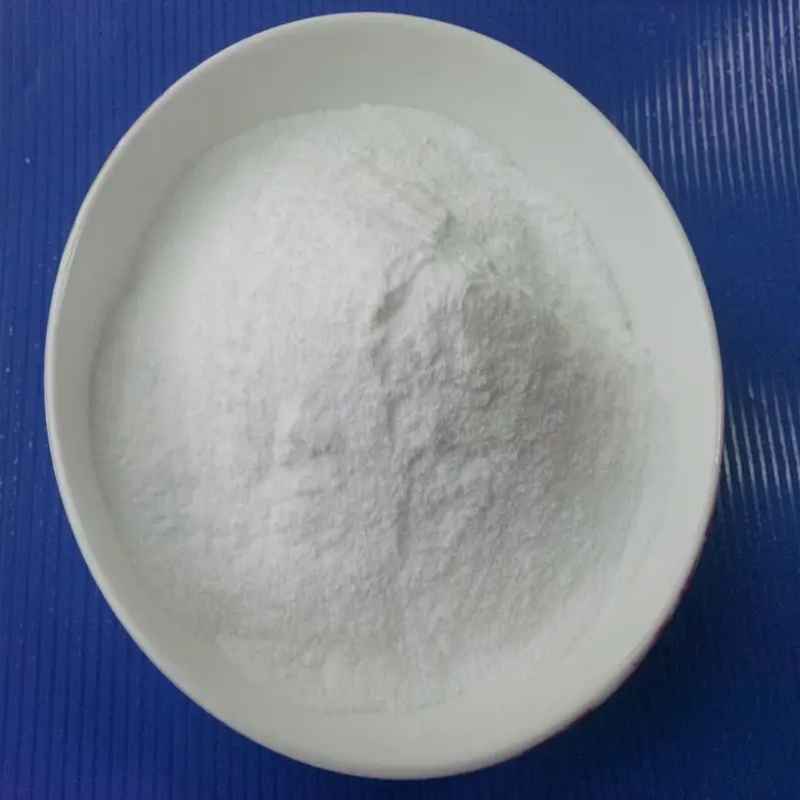-
Categories
-
Pharmaceutical Intermediates
-
Active Pharmaceutical Ingredients
-
Food Additives
- Industrial Coatings
- Agrochemicals
- Dyes and Pigments
- Surfactant
- Flavors and Fragrances
- Chemical Reagents
- Catalyst and Auxiliary
- Natural Products
- Inorganic Chemistry
-
Organic Chemistry
-
Biochemical Engineering
- Analytical Chemistry
- Cosmetic Ingredient
-
Pharmaceutical Intermediates
Promotion
ECHEMI Mall
Wholesale
Weekly Price
Exhibition
News
-
Trade Service
This article is the original of Translational Medicine Network, please indicate the source for reprinting
Written by Jevin
In 2020, a study found that psychopaths who used thick quilts for more than 1 month during sleep had a great reduction
in insomnia severity compared to light quilts.
In addition, participants who used thick quilts had significantly fewer
symptoms of depression and anxiety.
However, the underlying mechanisms by which thick quilts improve sleep and anxiolytic effects are unclear
.
On October 3, 2022, a research team from Uppsala University in Sweden published a research paper online in the Journal of Sleep Research, the main purpose of the study was to investigate whether the use of thick quilts led to higher
saliva concentrations of melatonin and oxytocin compared to the use of light quilts.
This study is the first to show that using a thickened quilt may lead to the release of more melatonin
while sleeping.
https://onlinelibrary.
wiley.
com/doi/10.
1111/jsr.
13743
Research background
01
Oxytocin is produced by hypothalamic neurons and released into circulation
by the neuropituitary system.
It has several biological effects, for example, to promote childbirth and breastfeeding, reduce fear, pain and stress, and improve levels of
happiness and calm.
However, it is unclear
whether thick quilts promote oxytocin release.
Melatonin is produced by the pineal gland and plays a vital role
in sleep time.
In addition to ambient light, non-light cues, such as physical activity, eating patterns, and social activity, can also affect the release
of melatonin.
However, whether thick quilts affect melatonin release has not been experimentally confirmed
.
Research process
02
For the study, researchers selected 26 young, healthy participants, including 15 men and 11 women, to investigate whether the use of a thick quilt (about 12% of body weight) before bed resulted in higher
concentrations of melatonin and oxytocin in saliva than light quilt (about 2.
4% of body weight).
The researchers examined possible differences
in saliva in the stress hormone cortisol, salivary α-amylase activity (which serves as an indicator of sympathetic nervous system activity), subjective sleepiness, and sleep duration.
The measurements showed that the KSS score of a thick quilt was 0.
2±0.
2 points higher than that of a light blanket, and the closer to the time of falling asleep, the higher the KSS score, i.
e.
the higher
the degree of sleepiness.
However, the difference between the two groups was not significant
.
But there was a clear difference
in melatonin concentrations between the two groups.
With a thick quilt, participants had a greater increase in melatonin concentration in their saliva
.
Covering a heavy quilt increased participants' saliva melatonin concentrations by an average of about 6.
6±0.
7 pg/mL between 22:00 and 23:00 (one hour before bedtime), a significant increase of 32%
over lighter quilts.
Research significance
03
One explanation may be that the pressure exerted by the thick quilt activates skin sensory afferents, which transmit sensory information through the spinal cord to the nucleus
of the solitary bundle.
This brainstem region projects onto the paraventricular nucleus of the hypothalamus, a brain region
that houses a small number of cells that urge neurons.
Through their influence on other brain networks, small cell oxytocinergic neurons can promote calm and well-being, reducing fear, stress, and pain
.
In addition, they are attached to the pineal gland to influence the release of melatonin, which could explain the significant rise
in melatonin in saliva under thick quilt conditions.
In addition, studies have also proved that covering a thick quilt of about 7kg can effectively increase the release of melatonin before going to bed, thereby improving sleep
.
Resources:
https://onlinelibrary.
wiley.
com/doi/10.
1111/jsr.
13743
Note: This article is intended to introduce the progress of medical research and cannot be used as a reference
for treatment options.
If you need health guidance, please go to a regular hospital
.
Forum One
Tumor immunity "Pujiang Discussion" schedule
Forum II
Tumor immunity "Matsue traceability" schedule
Forum III
Oncology drug development and treatment schedule
Forum V
Oncology frontier "pinnacle theory" agenda
(Click above to view the detailed schedule)
Referrals, live broadcasts/events
November 18 14:00-17:30 Shanghai
Cell and gene therapy R&D and industrialization salon
Scan the code to participate for free







